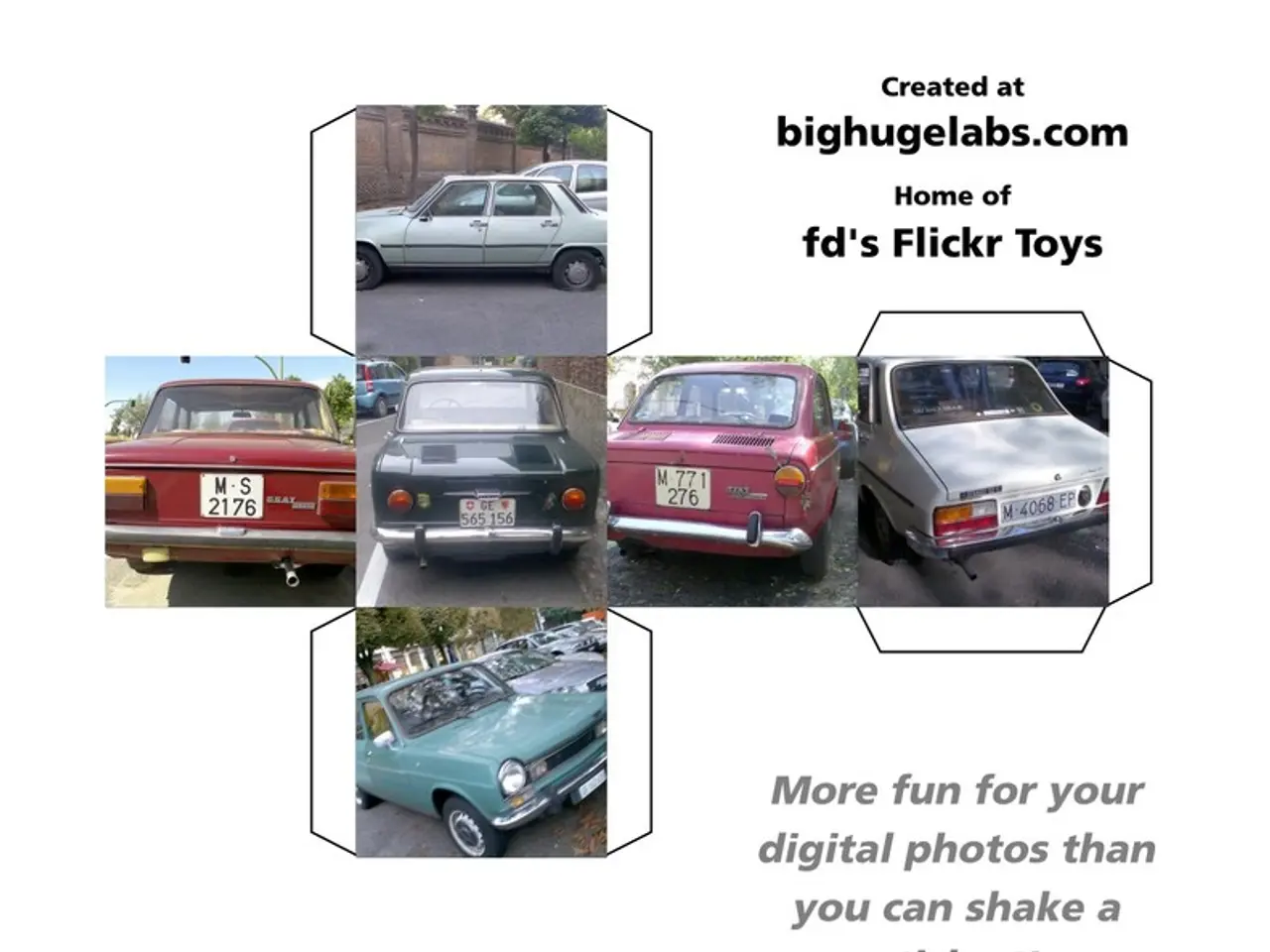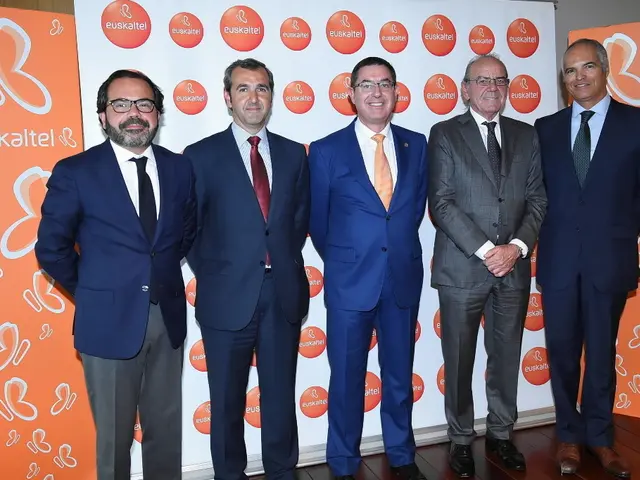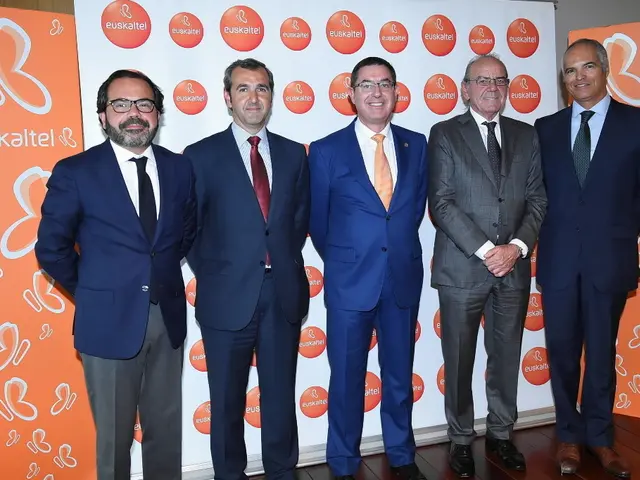Texas Grants Tesla Permission for Statewide Robotaxi Operations sans Human Drivers for Safety
Tesla's Robotaxi Service Expands Across Texas Under New Law
Tesla's driverless ride-hailing service, known as Robotaxi, has expanded its operations across Texas, following the granting of a Transportation Network Company (TNC) permit by the Texas Department of Licensing and Regulation (TDLR). This permit, effective until August 6, 2026, allows Tesla to legally operate its driverless service statewide.
The TNC permit is issued under Texas Senate Bill 2807, a new law that regulates autonomous ride-hailing operators. The bill, which came into effect on September 1, 2025, requires such companies to meet certain standards to operate commercially statewide. These standards include active insurance coverage, the use of recording devices (camera systems), compliance with all applicable state traffic laws, adherence to federal motor vehicle safety standards, and the ability to achieve a "minimal risk condition" (safely stop) if the automated driving system fails.
Tesla's Robotaxi service was first introduced in Austin in late June. Over the past several weeks, the service area has been expanded twice. The initial rollout in Austin involved a small fleet of Model Y vehicles equipped with the company's latest Full Self-Driving (FSD) software.
The expansion of the Robotaxi service is expected to trigger a significant increase in demand. Tesla CEO Elon Musk announced that the service will open to the general public next month. According to Musk, Tesla's autonomous ride-hailing service could potentially reach half of the U.S. population by the end of 2025.
It is unclear when Tesla plans to offer fully autonomous rides anywhere in Texas beyond the initial Austin rollout. Texas' new autonomous vehicle law applies to both human-driven and fully autonomous vehicles, ensuring that all AV operators meet the same standards, including maintaining active insurance coverage, installing camera systems, and complying with all traffic laws.
The new statewide TNC license removes the requirement for an onboard safety operator, a significant step towards Tesla's vision of a fully autonomous future. However, it is worth noting that the specifics of Tesla's driverless technology and its compliance with the new law are subject to ongoing regulation by the Texas Department of Motor Vehicles (DMV).
In conclusion, Tesla's Robotaxi service is now legally operating statewide in Texas, marking a significant milestone in the company's quest for a fully autonomous future. The service's expansion is expected to continue, with the public rollout scheduled for next month. As Tesla continues to innovate and comply with the new regulations, the future of autonomous ride-hailing in Texas and beyond looks promising.
- Due to the new Texas Senate Bill 2807, which regulates autonomous ride-hailing operators, Tesla's Robotaxi service must adhere to insurance coverage, camera system usage, traffic law compliance, federal motor vehicle safety standards, and the ability to achieve a "minimal risk condition" if the automated driving system fails.
- The expansion of Tesla's Robotaxi service into various areas of Texas is expected to drive growth in the transportation industry, while the company's ongoing advancements in technology could potentially revolutionize the finance industry by reshaping ride-hailing services.




